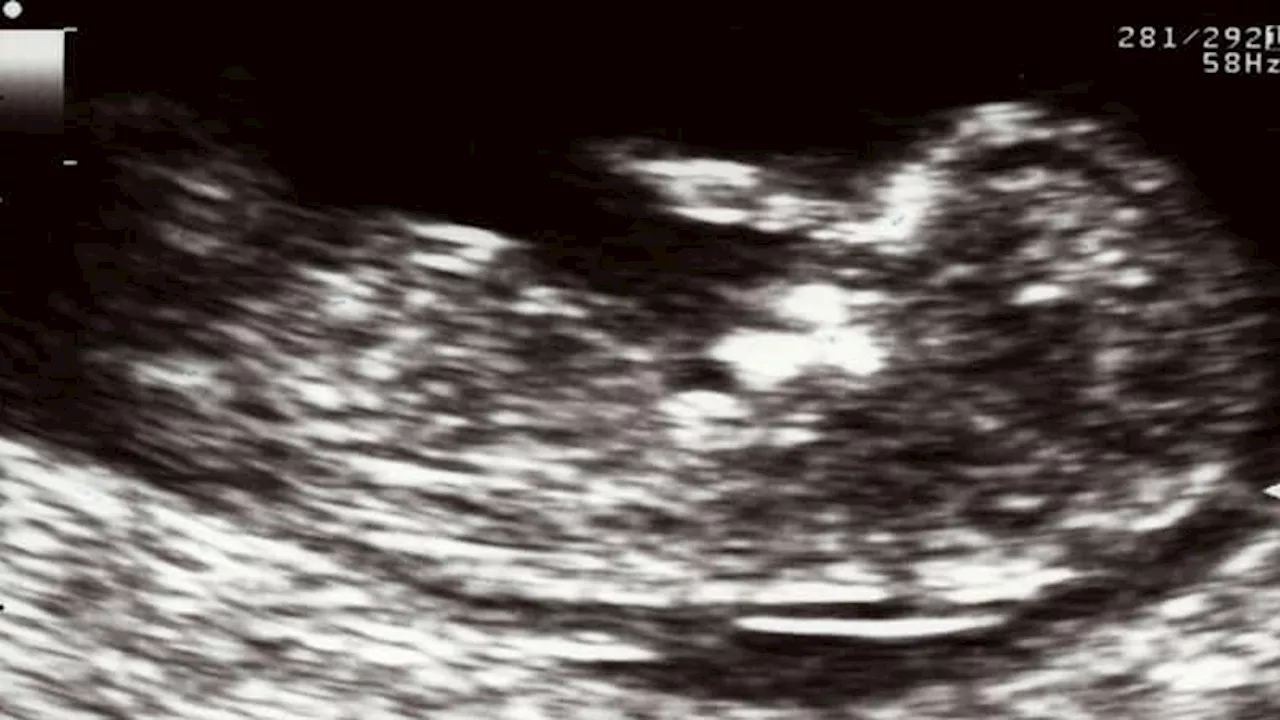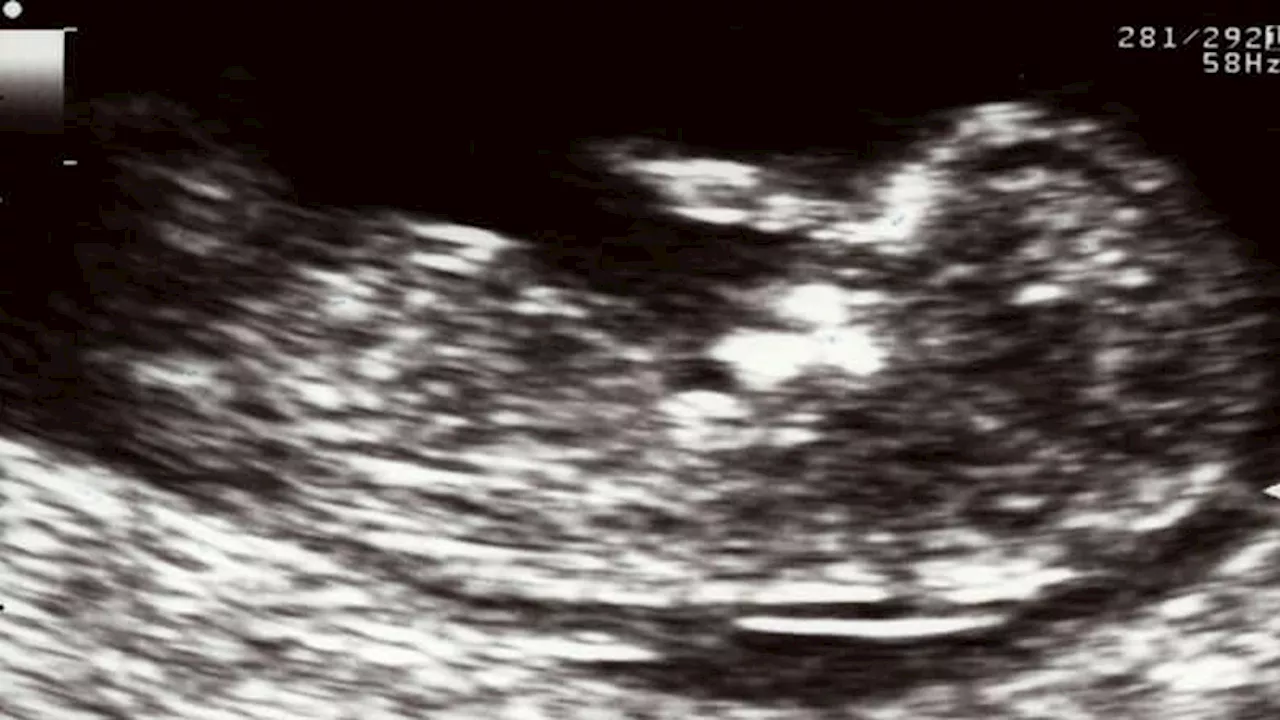A new study found certain genetic variants could help explain how long-term pesticide exposure could increase the risk of Parkinson's disease.
Genetic variations may predispose people to Parkinson's disease following long-term pesticide exposure, study findsA new study found certain genetic variants could help explain how long-term pesticide exposure could increase the risk of Parkinson's disease.
One longstanding hypothesis has been that susceptibility to the disease is a combination of both environmental and genetic factors.used genetic data from nearly 800 Central Valley residents with Parkinson's disease, many of whom had long-term exposure to 10 pesticides used on cotton crops for at least a decade prior to developing the disease, with some patients having been exposed as far back as 1974.
Previous studies have shown that altered autophagy can result in a buildup of a protein called alpha synuclein, which is abundant in the brain and neurons. As the protein builds up, it forms clumps known as"Lewy" bodies that are a pathological hallmark of Parkinson's disease. The study's co-lead author and assistant professor of Neurology at UCLA, Dr. Kimberly Paul, said Parkinson's disease is the fastest growing neurodegenerative disease in the world. While an increase in the number of new patients is expected given the large aging population in the U.S., the rate of new Parkinson's disease patients is outpacing the rate that is expected from aging alone, Paul said.
"There are data for a lot of common disorders suggesting that environmental influences impact the development of these diseases, but we don't yet have a good way of measuring that impact or determining who is specifically at risk," Fogel said."This is a step forward in that direction."Kathie J. Ngo, Kimberly C. Paul, Darice Wong, Cynthia D. J. Kusters, Jeff M. Bronstein, Beate Ritz, Brent L. Fogel.University of California - Los Angeles Health Sciences.
Chronic Illness Diseases And Conditions Elder Care Parkinson's Caregiving Disorders And Syndromes Huntington's Disease
United States Latest News, United States Headlines
Similar News:You can also read news stories similar to this one that we have collected from other news sources.
 Fertility Startup Orchid Offers Genetic Enhancement for BabiesOrchid, a fertility startup, offers prospective parents the choice to have a regular baby or an Orchid baby with reduced risks of genetic disorders. The concept of genetic enhancement raises ethical concerns and discomfort among some people.
Fertility Startup Orchid Offers Genetic Enhancement for BabiesOrchid, a fertility startup, offers prospective parents the choice to have a regular baby or an Orchid baby with reduced risks of genetic disorders. The concept of genetic enhancement raises ethical concerns and discomfort among some people.
Read more »
 Newly found genetic variant defends against Alzheimer's diseaseNeuroscientists have identified a genetic mutation that fends off Alzheimer's disease in people at high risk and could lead to a new way to protect people from the disease.
Newly found genetic variant defends against Alzheimer's diseaseNeuroscientists have identified a genetic mutation that fends off Alzheimer's disease in people at high risk and could lead to a new way to protect people from the disease.
Read more »
 New Study Challenges Current Practices: Nuchal Translucency Screens Detect Genetic Disorders at Lower ThresholdsResearchers hope screening programs reevaluate nuchal translucency measurement thresholds.
New Study Challenges Current Practices: Nuchal Translucency Screens Detect Genetic Disorders at Lower ThresholdsResearchers hope screening programs reevaluate nuchal translucency measurement thresholds.
Read more »
 Study: People With Higher Genetic Risk for Obesity May Need More Daily Steps to Manage WeightDo you need to walk 10,000 steps a day? Research suggests your ideal step count for managing weight could be lower or higher, depending on BMI and genetic risk for obesity.
Study: People With Higher Genetic Risk for Obesity May Need More Daily Steps to Manage WeightDo you need to walk 10,000 steps a day? Research suggests your ideal step count for managing weight could be lower or higher, depending on BMI and genetic risk for obesity.
Read more »
 Nuchal Translucency Screens Detect Genetic Disorders at Lower ThresholdsA new study shows that nuchal translucency screens can detect a wide range of genetic disorders at lower thresholds than previously thought. Fetuses with measurements as low as 2 mm showed an increased risk for chromosomal abnormalities.
Nuchal Translucency Screens Detect Genetic Disorders at Lower ThresholdsA new study shows that nuchal translucency screens can detect a wide range of genetic disorders at lower thresholds than previously thought. Fetuses with measurements as low as 2 mm showed an increased risk for chromosomal abnormalities.
Read more »
 Genetic Variants May Contribute to Cerebral PalsyUsing whole-genome sequencing, Canadian researchers found a high prevalence of genetic abnormalities in children with cerebral palsy.
Genetic Variants May Contribute to Cerebral PalsyUsing whole-genome sequencing, Canadian researchers found a high prevalence of genetic abnormalities in children with cerebral palsy.
Read more »
